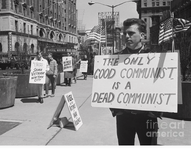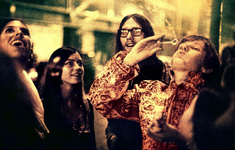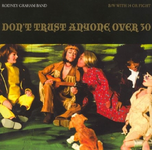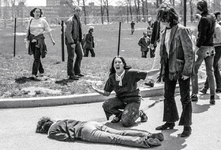I think (I’m no economist) ALL those matters would be less of an issue without population pressures.You lament that immigration is required for population growth, and regret using the word population?They have no way to save, no way to buy a house, no way to start a family. It's physically impossible, not just hard, but impossible without taking massive financial risks. This is what I'm getting at. Unfortunately I used the word population.
Personally I wonder why population growth is still considered a good thing.
If there were more houses than people, houses would be very affordable. With a growing population and a decades-long failure to build affordable housing, what you see is what you get. These things are not disconnected.
Housing is just a part of it, a reasonably big part of it, but just a part. In practice it's every economic factor that's in play: cost of tuition, vehicles, housing, stagnant wages, pensions disappearing, inflation, precarious work. Unless the parents have money kids being born today are going to have a hard time.
Likely also true, although I can imagine that the situation is far more complex than I can comprehend.
The current situation in Canada is that baby boomers need health care and are all retiring, while there aren't enough ranks coming in from behind to replace them and care for these people. That's why we put such an emphasis on immigration. But the Liberals screwed it up and let in too many people creating unneeded pressure on housing and the economy. We also have a shortage of construction workers to build homes.
I can't pretend to have wrapped my head around all the logic, but it would seem that the government didn't want to let our population deflate.





